Understanding How Sun-Protective Fabrics Work
When it comes to sun-protective fabrics, many consumers wonder: How do these fabrics block the sun? What makes them different from regular fabrics? These questions often arise when people are considering sun-protective products. In this blog, MDOG will explain the different types of sun-protective fabrics and the principles behind their UV-blocking abilities, helping you make an informed decision when choosing the best sun-protection product for your needs.
Types of Sun-Protective Fabrics
Based on the production process, we can classify sun-protective fabrics into three main categories:
1. Chemical Additive Sun Protection
2. Coated Sun Protection
3. Yarn-Based Sun Protection
How Different Sun-Protective Fabrics Work
Let's take a closer look at the sun-blocking mechanisms for each type of fabric:
1. Chemical Additive Sun Protection
This type of fabric undergoes a treatment similar to dyeing blue jeans. The finished fabric is soaked in UV-resistant chemicals, then dried under specific conditions, allowing the additives to bond tightly to the textile. This process creates a protective barrier that blocks UV rays.
Drawback: The sun protection offered by these fabrics decreases over time as the fabric is washed, similar to how denim fades with washing. This method is less durable. If you're using a mask made from this type of fabric, you might wonder, "Why is my face still getting tanned even though I'm wearing a sun-protective mask?" The answer is that the sun protection diminishes with wear and washing.
2. Coated Sun Protection
In this method, a thin film of UV-blocking agents is applied to regular fabric. The coating acts as a barrier that blocks ultraviolet rays. This method is simple and cost-effective.
Drawback:Although it provides sun protection, coated fabrics tend to be less breathable, making them uncomfortable to wear. They are also prone to discoloration and yellowing. After washing, the UV-blocking film can peel off, significantly reducing the fabric’s sun-protection capabilities.
3. Yarn-Based Sun Protection
This type of fabric incorporates UV-blocking materials directly into the yarn during the manufacturing process. Nanoparticles, such as titanium dioxide (TiO2), which reflect and absorb UVA and UVB rays, are blended into the yarn. The yarn itself, with built-in UV protection, is then woven into fabric.
Advantages of Yarn-Based Fabrics
1. Soft and Breathable:The dense structure of yarn-based fabrics significantly enhances their softness and durability while maintaining breathability and moisture-wicking properties. This ensures a high level of comfort for the wearer.
2. Long-Lasting Sun Protection:Yarn-based fabrics are highly durable and resistant to washing. Even after multiple washes, the UV protection remains intact, providing long-lasting protection against harmful rays.
Conclusion
Sun-protective fabrics effectively block ultraviolet rays through various processes, such as chemical treatments, UV-blocking coatings, or yarn-based technology. These fabrics offer superior protection compared to regular materials, shielding the skin from harmful UV radiation. It’s essential to choose sun-protective products based on your specific needs. MDOG Sunscreen Face Masks utilize yarn-based sun protection technology, ensuring long-lasting UV protection that doesn’t wash away after cleaning. Invest in the right fabric to stay safe under the sun!
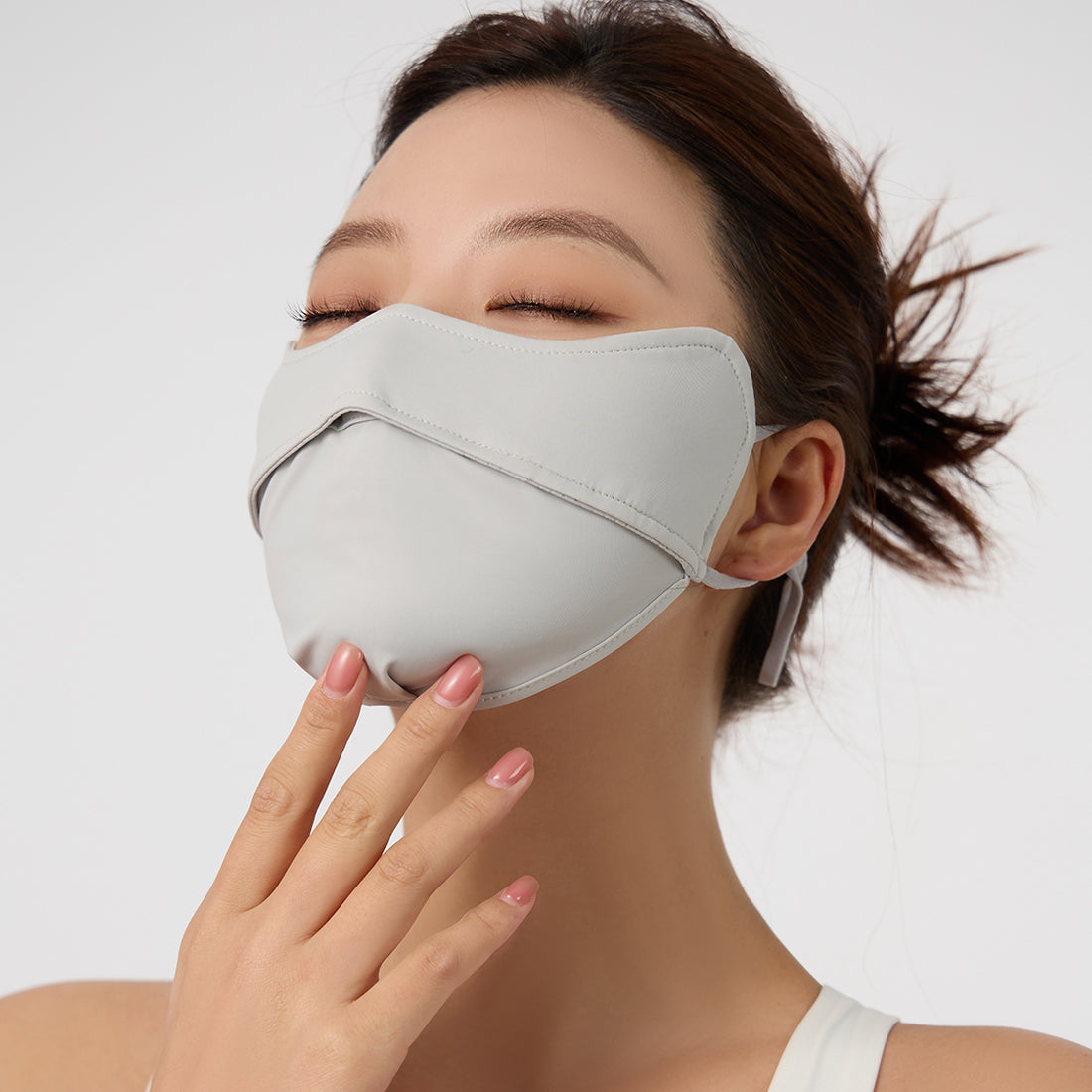

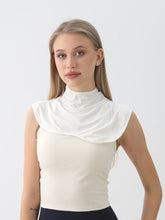
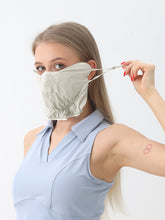
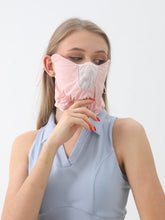
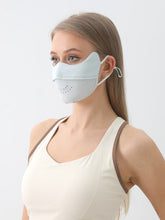
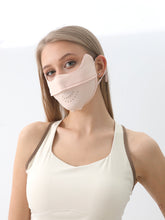
Leave a comment
Please note, comments need to be approved before they are published.